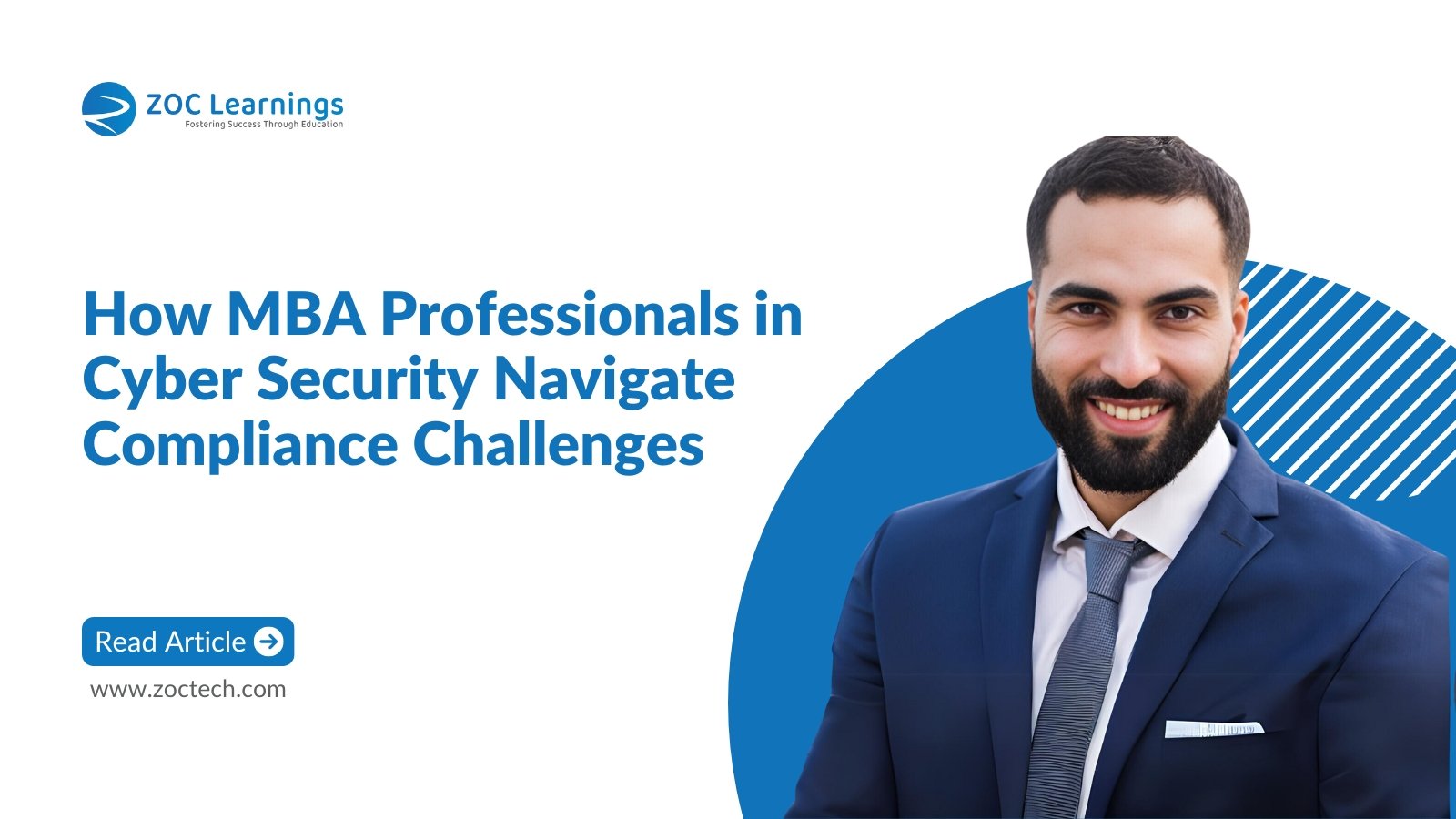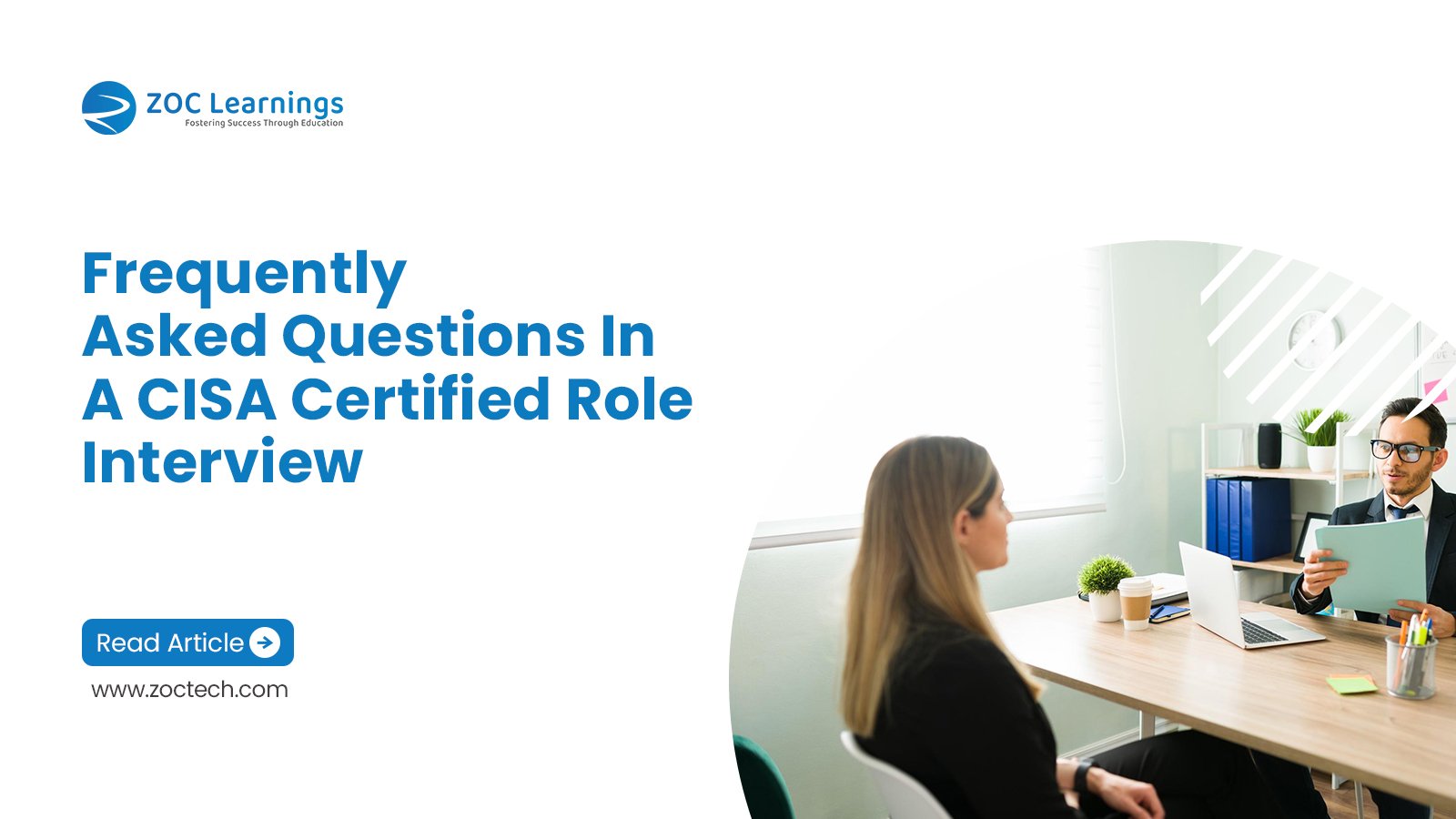Introduction:
The conjunction of cyber security and regulatory compliance poses a threatening challenge to businesses across industries. As cyber threats are growing fast-paced and regulatory frameworks are becoming more stringent, businesses ensure that their cyber security solutions safeguard sensitive data and meet a slew of legal obligations. Mba in cyber security has a wide career scope and they get jobs with a handsome package.
MBA professionals that specialize in cyber security are particularly positioned to manage these complex compliance difficulties, combining their business knowledge with technical ability to establish effective methods. This blog examines how MBA professionals contribute to cyber security compliance efforts, focusing on their strategic approach, leadership abilities, and ability to integrate security programs with business objectives.
Understanding Compliance in Cyber Security:
To address compliance concerns in cyber security, MBA professionals must first understand the regulatory landscape. Depending on the industry and geographical location, organizations may be required to comply with a variety of regulations, including GDPR (General Data Protection Regulation), HIPAA (Health Insurance Portability and Accountability Act), PCI DSS (Payment Card Industry Data Security Standard), and SOX (Sarbanes-Oxley Act). These standards specify the actions that enterprises must take to protect sensitive data, prevent breaches, and maintain transparency in their operations.
Challenges Faced by Organizations:
Organizations of all sizes and industries face a number of issues when it comes to cyber security compliance. Some frequent challenges are:
- Complexity of the Regulatory Landscape: The sheer amount of regulations, each with its own set of requirements, can be difficult for enterprises to navigate.
- Rapidly Evolving Threat Landscape: As cyber threats evolve, enterprises must adjust their security procedures to mitigate new risks.
- Resource constraints: Allocating adequate resources, including funding and trained individuals, to cyber security projects can be difficult for firms, particularly smaller ones.
- Integration of business processes: Ensuring that cyber security measures coincide with existing business processes without affecting operations is critical but often challenging to accomplish.
How MBA Professionals Excel at Addressing Compliance Challenges:
MBA in cyber security helps you develop distinct skill set to the table, allowing them to efficiently manage compliance concerns in cyber security:
1. Strategic approach:
• MBA professionals are strategic problem-solvers who prioritize compliance initiatives based on important requirements.
• They link cyber security initiatives with organizational goals, ensuring compliance measures contribute to business success.
2. Cross-Functional Collaboration:
• MBA schools highlight the value of collaboration among different organizational roles.
• MBA professionals use their communication and interpersonal skills to foster collaboration among IT, legal, compliance, and other departments involved in cyber security.
3. Risk Management Expertise:
• MBA programs teach professionals how to identify, assess, and reduce risks effectively.
• MBA professionals use risk management techniques to prioritize investments and allocate resources for effective cyber security compliance.
4. Leadership and Change Management:
• MBA programs help professionals develop leadership abilities and drive organizational change.
•MBA professionals play a critical role in supporting cyber security projects, garnering buy-in from top leadership, and building a security-conscious culture inside the firm.
5. Corporate Acumen:
• MBA experts have a strong understanding of corporate operations, money, and regulations.
• They use their business expertise to create cost-effective compliance plans that correspond with the organization’s budget and long-term goals.
Case Study: Leveraging MBA Expertise for Compliance Success.
Consider a multinational firm involved in the financial services industry. Faced with more demanding regulatory requirements and escalating cyber threats, the business needed to improve its cyber security posture while remaining compliant with key legislation such as GDPR and PCI DSS. Recognizing the importance of a strategic strategy, the corporation engaged an MBA-trained cyber security professional to manage its compliance efforts.
Using her strategic thinking and cross-functional collaboration abilities, the MBA professional conducted a thorough evaluation of the organization’s present cyber security practices and found areas for improvement. She collaborated closely with the IT, legal, and compliance departments to create a roadmap for compliance, prioritizing efforts based on risk and business effect.
The MBA expert also used her leadership abilities to gain support from senior management*, underlining the significance of cyber security as a strategic goal for the firm. She instilled a security awareness culture throughout the firm through effective communication and stakeholder engagement, encouraging employees to take ownership of their cyber security obligations.
Results:
• The organization met GDPR and PCI DSS compliance deadlines, avoiding fines and reputational damage.
• By aligning cyber security initiatives with business objectives, the MBA professional improved the organization’s risk management framework and resilience to cyber threats.
•Regulators and industry peers praised the company’s proactive approach to compliance and cyber security, which strengthened its reputation as a trusted custodian of sensitive data.
Conclusion:
In today’s automated and regulated corporate environment, MBA professionals can assist businesses in overcoming cyber security compliance challenges. MBA-trained cyber security professionals contribute to the development of solid compliance strategies that align with company goals by leveraging their strategic perspective, cross-functional collaboration skills, and business acumen. As cyber threats evolve, the significance of MBA experience in cyber security compliance will only increase, assuring firms’ resilience in the face of new hazards.











